Ideal for individuals aspiring to leadership roles in the correctional system, a master’s in corrections prepares students with advanced knowledge and skills to manage facilities, analyze policies, and reduce recidivism rates within prison environments. Graduates are eligible for various positions, including correctional officer, treatment specialist, probation officer, and nonprofit manager, with median salaries ranging from $53,290 to $77,030 per year.
Typically completed in two years by full-time students, these programs offer flexibility so students can progress in their own time. Costs vary by institution, averaging $20,513 annually. This list features programs renowned for their academic excellence and alignment with industry demands.
We spoke with Blanca Villagomez, a program counselor and coordinator at UC-Irvine, who shared valuable insights into the application and financial aid processes, as well as strategies for students to succeed in an online master’s degree program.
Why Trust Us
The Intelligent.com Higher Education Team is dedicated to providing students with independent, equitable school and program rankings and well-researched resources. Our expert-driven articles cover topics related to online colleges and programs, paying for school, and career outlooks. We use data from the U.S. Department of Education’s College Scorecard, the National Center for Education Statistics, and other reputable educational and professional organizations. Our academic advisory team reviews content and verifies accuracy throughout the year for the most current information. Partnerships do not influence rankings or editorial decisions.
- Analyzed over 2,000 national, accredited, and nonprofit colleges and universities
- 800+ rankings pages are reviewed and updated yearly
- Content is informed by reputable sources, surveys, and interviews with academic advisors and other experts
- Over 100 data points are reviewed for accuracy and quality throughout the year, including sources
How we rank schools
Our list features the best online Corrections programs at top colleges nationwide. Each school featured is a nonprofit, accredited institution — either public or private — with a high standard of academic quality for post-secondary institutions.
We evaluated each school’s program on tuition costs, admission, retention and graduation rates, faculty, reputation, and the student resources provided for online students. We collected data from trusted sources like the National Center for Education Statistics, individual school and program websites, school admissions counselors, and other data sources. Then, we calculated the Intelligent Score on a scale of 0 to 100 based on the following criterion:
Academic Quality:
- Admission rate versus enrollment rate
- Retention rate of students who return after year one
- Accreditation status (regional and programmatic)
- Nonprofit status, both private and public institutions
Graduation Rate
- Overall graduation rate
- Total number of currently enrolled students, including diversity metrics
- Student-to-faculty ratio
Cost and ROI
- In-state and out-of-state per-credit tuition rates and fees
- Required credits to graduate
- Earning potential after graduation
- Availability of federal student loans, scholarships, and other financial aid options
Student Resources
- Available student services for online-only and hybrid programs
- On-campus amenities like tutoring centers and the number of libraries
Read more about our ranking methodology.
Best 17 Accredited Online Master’s in Corrections Degree Programs
FiltersInstitution Type
Status
- Intelligent Score
- Alphabetically By University Name
- Acceptance Rate
- Enrollment
- In-state Graduate Tuition
- Out-of-state Graduate Tuition
- In-state Undergraduate Tuition
- Out-of-state Undergraduate Tuition

University of California, Irvine
Intelligent Score: 99.56In-state: $11,442
Out-of-state: $41,196
In-state: $11,442
Out-of-state: $11,442
SAT: 1310-1530
ACT: 30-35
Resident: $721
Non-Resident: $1,993
Online
Western Association of Schools and Colleges, Senior College and University Commission
34
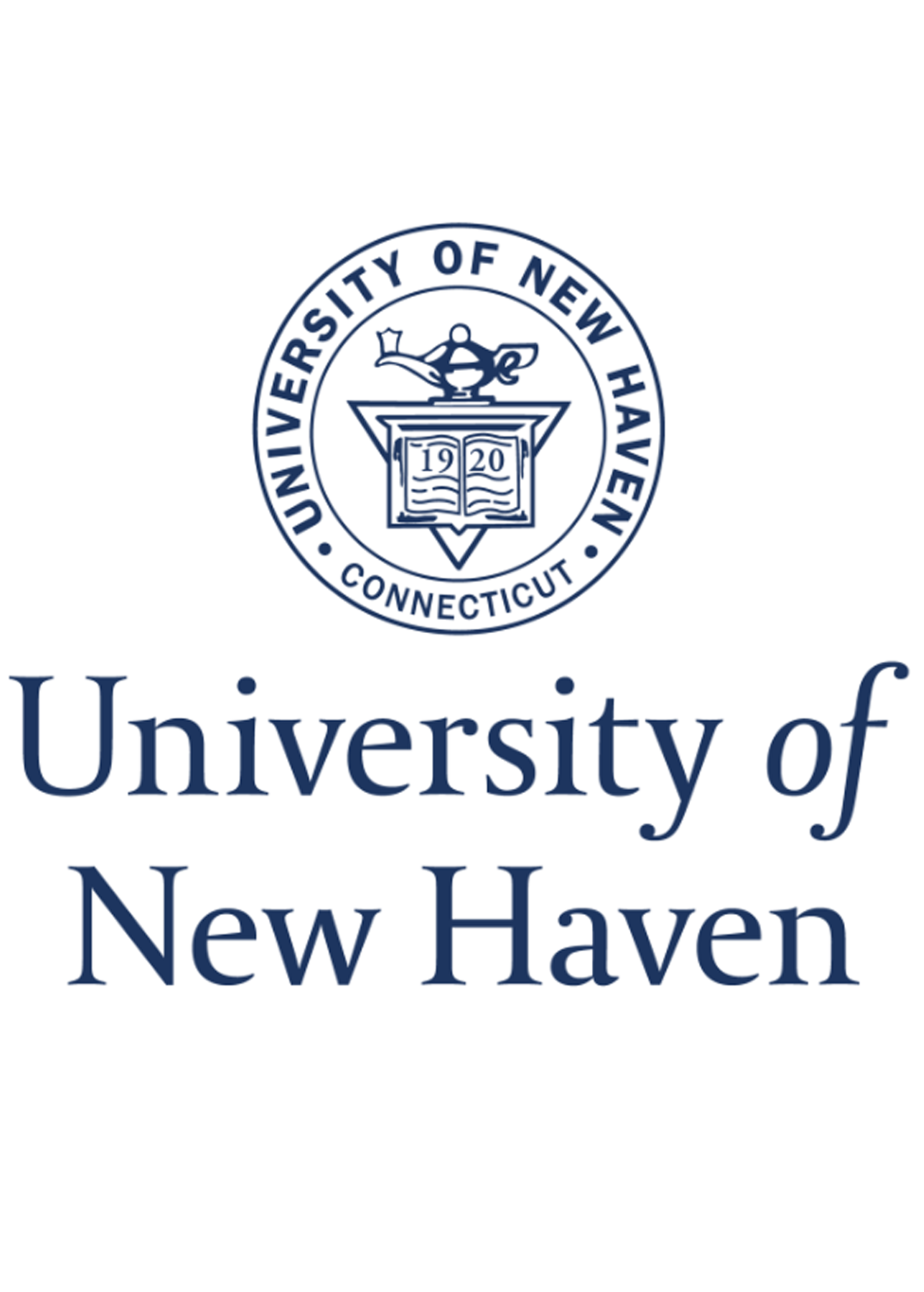
University of New Haven
Intelligent Score: 99.08In-state: $40,170
Out-of-state: $40,170
In-state: $17,370
Out-of-state: $17,370
SAT: 1050-1220
ACT: 22-28
$1,092
Online
New England Commission of Higher Education
36

Sam Houston State University
Intelligent Score: 98.15In-state: $5,856
Out-of-state: $15,672
In-state: $5,765
Out-of-state: $5,765
SAT: 970-1120
ACT: 18-23
Resident: $320
Non-Resident: $730
Online
Southern Association of Colleges and Schools Commission on Colleges
36
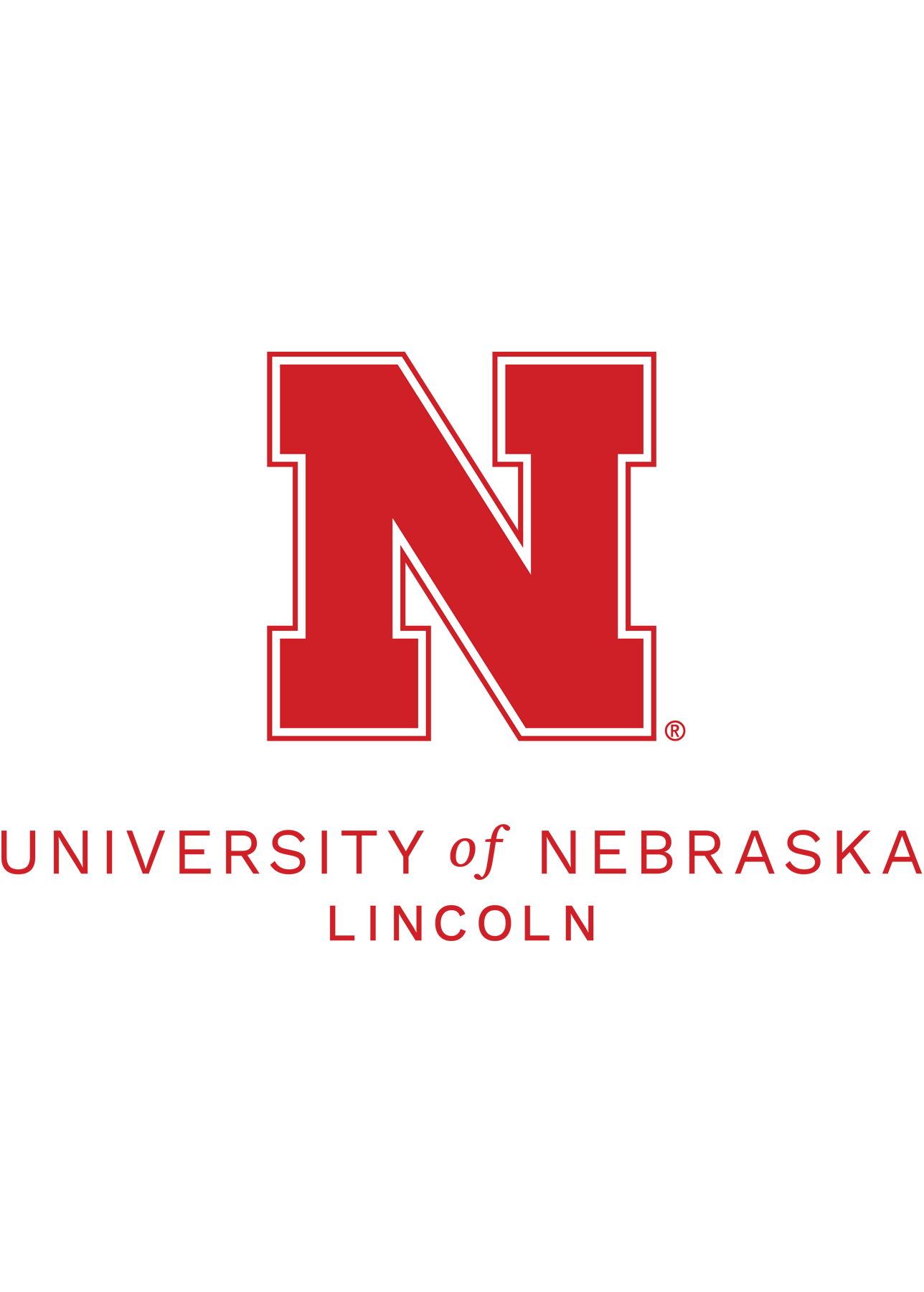
University of Nebraska Omaha
Intelligent Score: 97.77In-state: $7,770
Out-of-state: $24,900
In-state: $6,138
Out-of-state: $6,138
SAT: 1110-1320
ACT: 22-28
Resident: $388
Non-Resident: $820
Online, On-Campus
Higher Learning Commission
36

University of the Cumberlands
Intelligent Score: 95.27In-state: $9,875
Out-of-state: $9,875
In-state: $4,282
Out-of-state: $4,282
SAT: 930-1140
ACT: 19-24
$355
Online
Southern Association of Colleges and Schools Commission on Colleges
31

University of Central Florida
Intelligent Score: 94.72In-state: $4,478
Out-of-state: $19,810
In-state: $6,916
Out-of-state: $6,916
SAT: 1160-1340
ACT: 25-30
Resident: $327
Non-Resident: $1,151
Online
Southern Association of Colleges and Schools Commission on Colleges
36
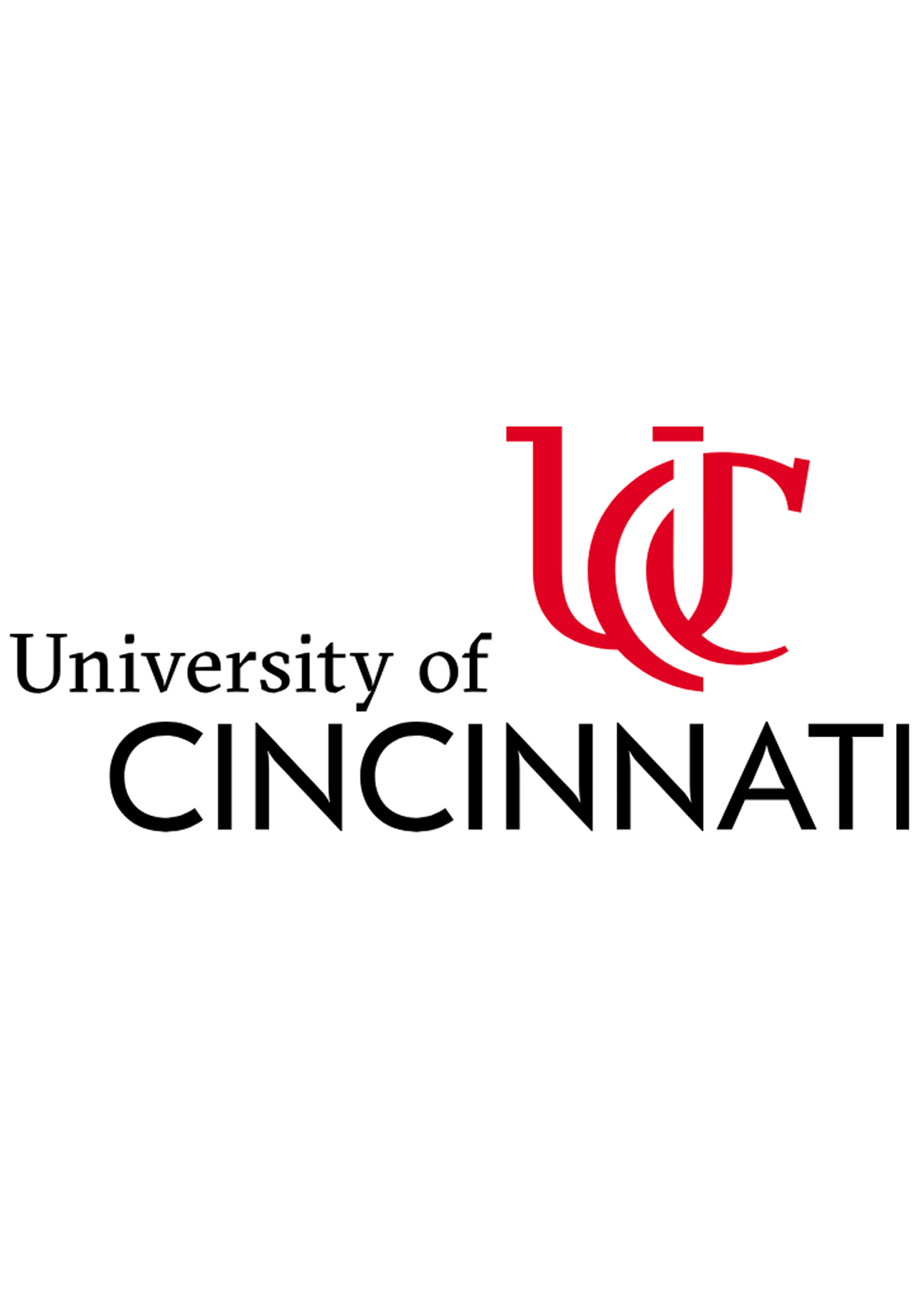
University of Cincinnati
Intelligent Score: 94.37In-state: $9,723
Out-of-state: $25,057
In-state: $13,224
Out-of-state: $13,224
SAT: 1120-1330
ACT: 23-29
$662
Online
Higher Learning Commission
33

Arizona State University
Intelligent Score: 93.85In-state: $10,710
Out-of-state: $28,800
In-state: $11,720
Out-of-state: $11,720
SAT: 1100-1320
ACT: 21-28
$576
Online
Higher Learning Commission
33
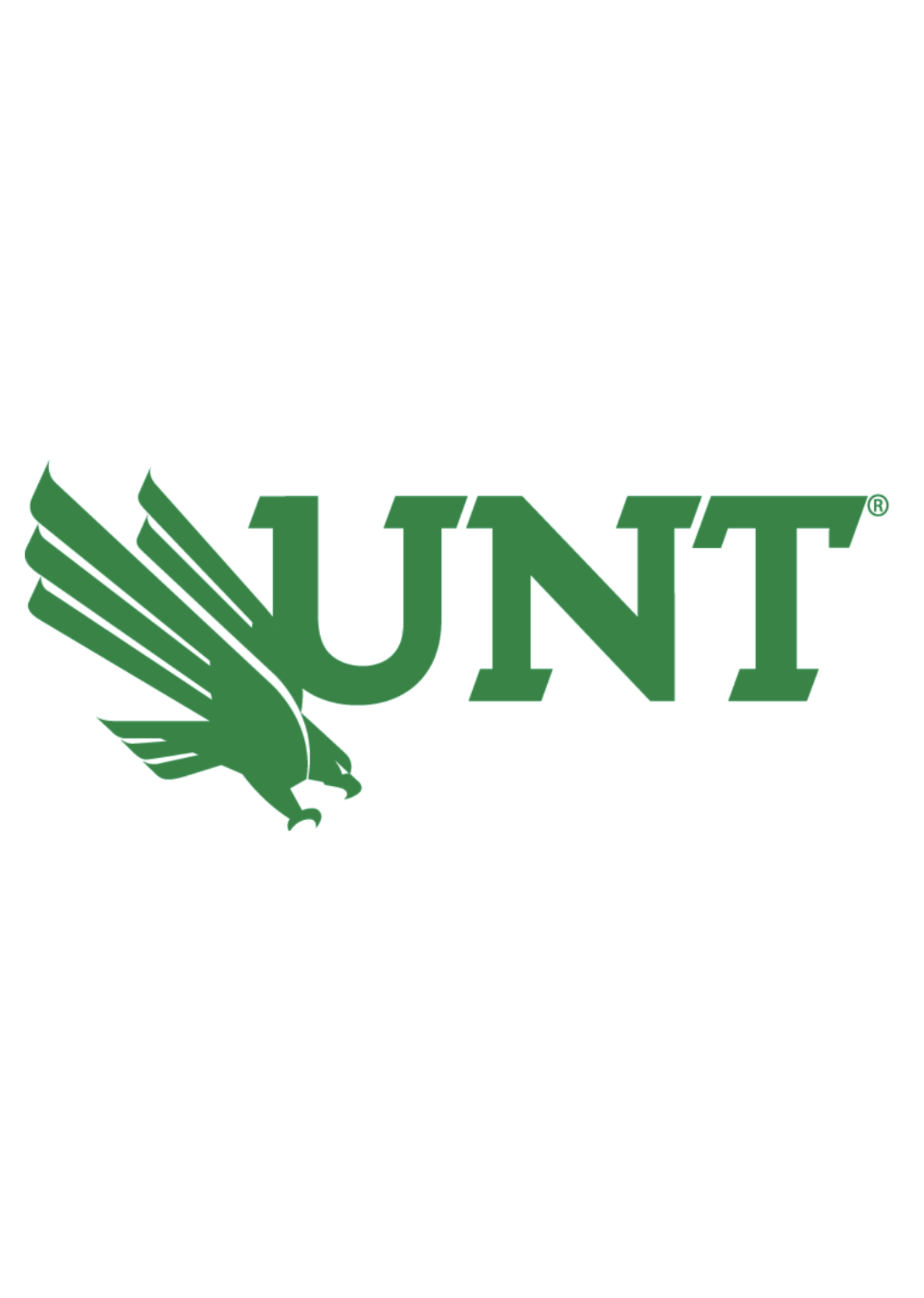
University of North Texas
Intelligent Score: 92.8In-state: $8,295
Out-of-state: $18,111
In-state: $6,350
Out-of-state: $6,350
SAT: 1050-1240
ACT: 20-27
Resident: $352
Non-Resident: $605
Online, On-Campus
Southern Association of Colleges and Schools Commission on Colleges
36

Lincoln Memorial University
Intelligent Score: 92.79In-state: $23,040
Out-of-state: $23,040
In-state: $20,705
Out-of-state: $20,705
SAT: 1000-1220
ACT: 19-25
$582
Online
Southern Association of Colleges and Schools Commission on Colleges
30
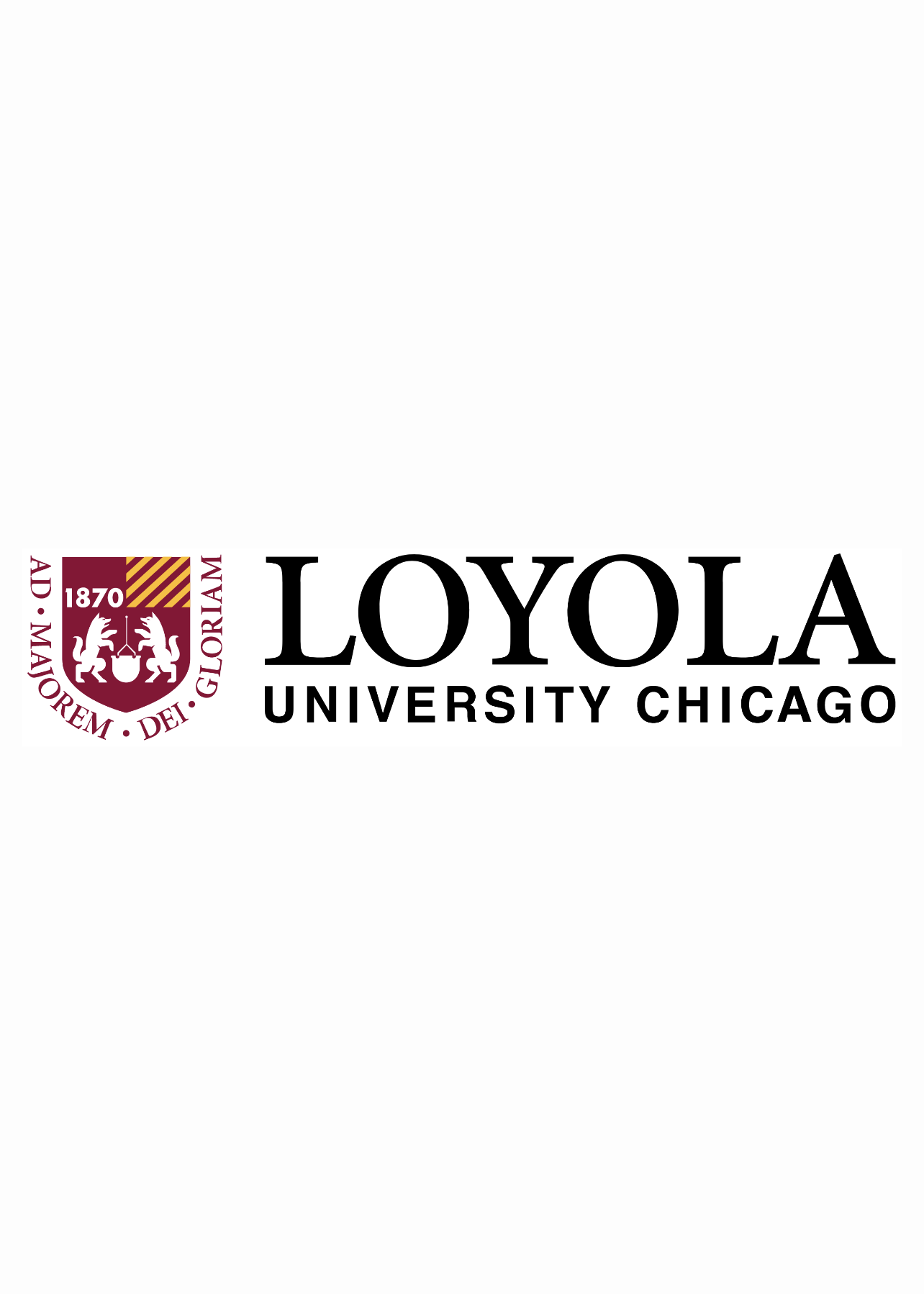
Loyola University New Orleans
Intelligent Score: 92.13In-state: $45,500
Out-of-state: $45,500
In-state: $18,594
Out-of-state: $18,594
SAT: 1130-1330
ACT: 25-31
$850
Online
Southern Association of Colleges and Schools Commission on Colleges
30

Texas A&M University-Central Texas
Intelligent Score: 91.79In-state: $8,395
Out-of-state: $36,849
In-state: $6,775
Out-of-state: $6,775
SAT: 1160-1380
ACT: 26-32
Resident: $297
Non-Resident: $705
Online, On-Campus
Southern Association of Colleges and Schools Commission on Colleges
36

UT Martin
Intelligent Score: 90.23In-state: $11,332
Out-of-state: $28,522
In-state: $11,468
Out-of-state: $11,468
SAT: 1140-1303
ACT: 25-31
$606
Online
Southern Association of Colleges and Schools Commission on Colleges
30

Faulkner University
Intelligent Score: 87.22In-state: $21,000
Out-of-state: $21,000
In-state: $10,350
Out-of-state: $10,350
SAT: 1020-1175
ACT: 18-23
$555
Online
Southern Association of Colleges and Schools Commission on Colleges
30
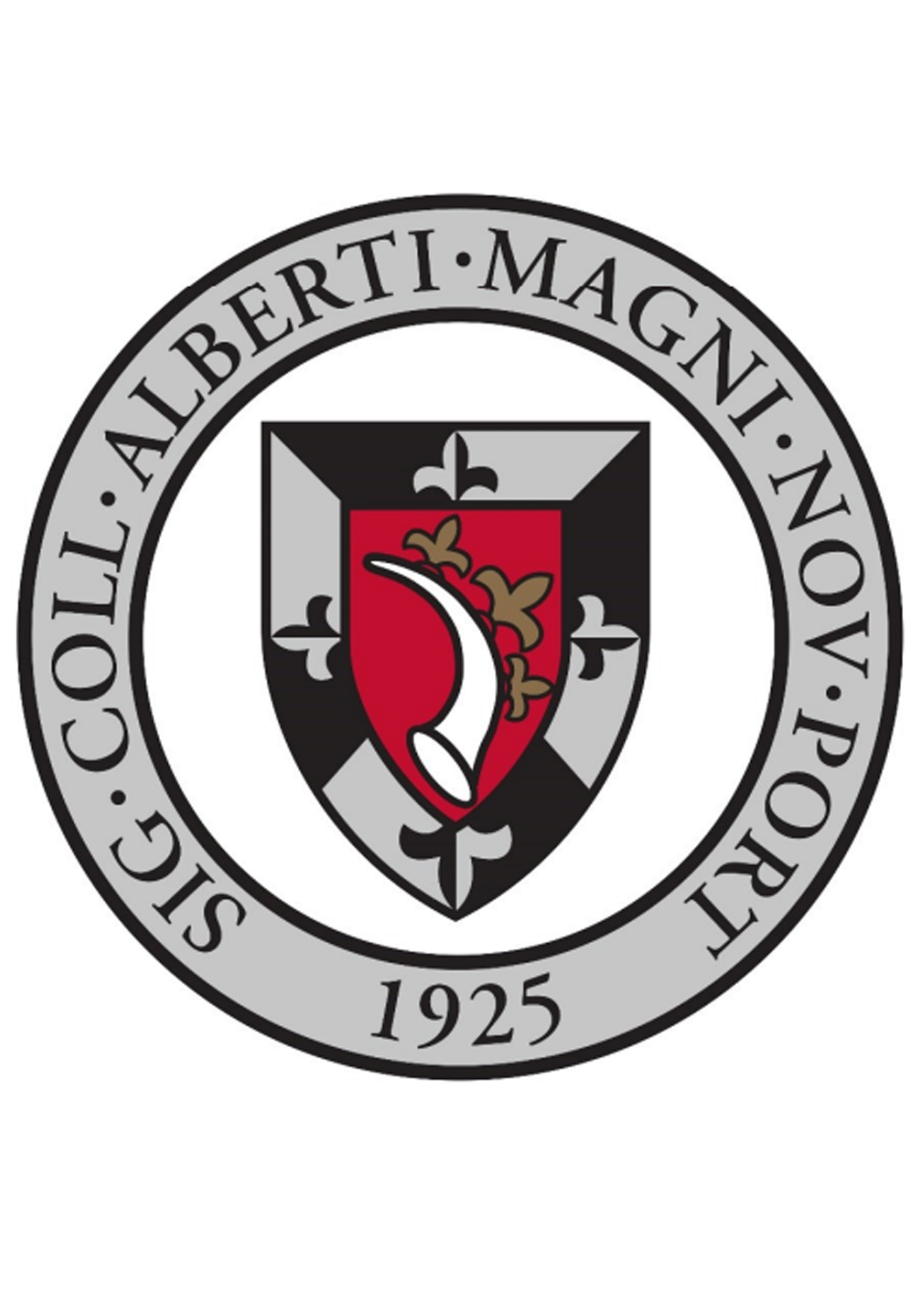
Albertus Magnus College
Intelligent Score: 86.33In-state: $34,410
Out-of-state: $34,410
In-state: $21,120
Out-of-state: $21,120
SAT: N/A
ACT: N/A
$1,022
Online, On-Campus
New England Commission of Higher Education
30
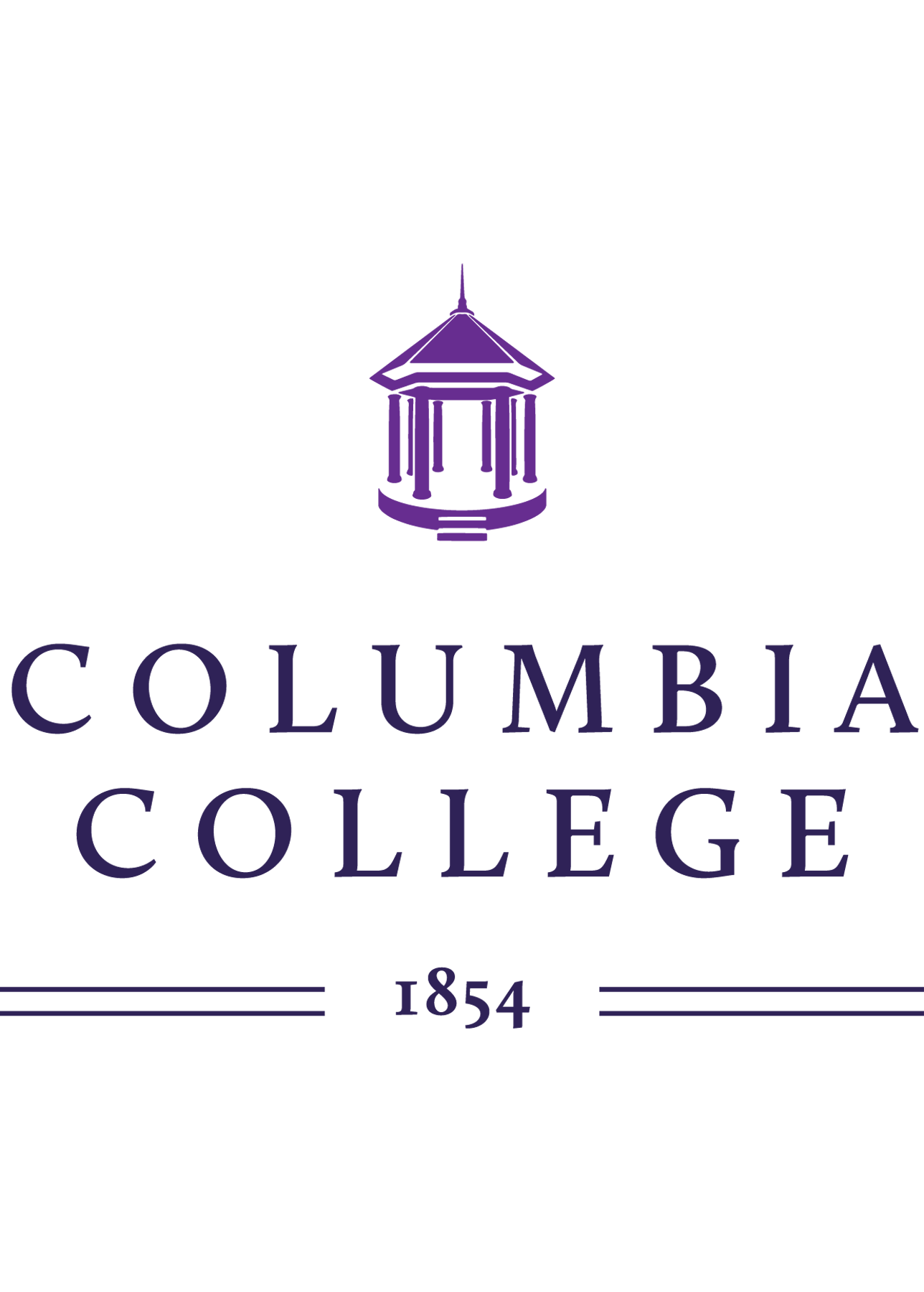
Columbia College
Intelligent Score: 85.28In-state: $17,791
Out-of-state: $17,791
In-state: $10,671
Out-of-state: $10,671
SAT: 820-1050
ACT: 17-20
$490
Online
Higher Learning Commission
36

The University of Oklahoma
Intelligent Score: 85.08In-state: $4,788
Out-of-state: $20,169
In-state: $6,943
Out-of-state: $6,943
SAT: 1100-1300
ACT: 23-29
$685
Online
Higher Learning Commission
30
How to Choose an Online Master’s in Corrections Degree Program
Choose your area of study
Rather than being available as a standalone major, corrections is usually offered as a concentration within a master’s in criminal justice program. This degree may be offered as a Master of Arts (MA) or a Master of Science (MS).
While the corrections field is inherently specialized, you can further customize your studies by focusing on your ideal career when researching colleges. For example, those interested in correctional administration should focus on programs offering management and policy development coursework. Meanwhile, students wanting to pursue a career in rehabilitation should search for curricula that emphasize inmate programs, reentry initiatives, and therapeutic interventions.
Research schools and programs
You should only consider institutions that have been approved by a DOE-recognized regional accrediting organization, such as the New England Commission of Higher Education or Northwest Commission on Colleges and Universities. These organizations evaluate schools to ensure they provide students with a high-quality education. Those who attend a school that isn’t regionally accredited may be unable to access financial aid or transfer credits to another institution if needed.
Other elements to consider include:
- Does the program offer opportunities for hands-on experience or internships in correctional settings?
- How does the program facilitate networking with professionals?
- What technology platforms and resources does the program utilize for online instruction?
To learn more about any schools that you’re interested in, you can visit the school’s website, contact an admissions counselor, follow the school on social media, or attend an in-person or virtual open house.
Prepare for tests and applications
Once you have a shortlist of preferred schools, it’s time to prepare for applications and tests. Some students adopt a focused strategy, targeting one or two ideal programs, while others broaden their scope to improve their odds of acceptance.
Regardless of your approach, thorough preparation is essential. Write a compelling personal statement, gather strong recommendation letters, and ensure transcripts are up-to-date. For programs requiring GRE scores, consider enrolling in a test prep program to boost your scores.
“I recommend students meet with their school counselors to receive guidance on which coursework can best prepare them to become competitive candidates,” says Villagomez. “Participating in clubs, sports, and community service projects can also help students develop valuable skills like leadership, teamwork, and communication.”
Application requirements vary by school and program, so you should always contact an admissions counselor to ensure you have the most accurate information regarding requirements and deadlines.
Select your program
“Despite the different modalities, all online degree programs require high self-motivation, effective time management, and structured independent study,” says Villagomez. “I recommend students create a consistent routine by identifying their optimal hours for attending classes, completing coursework, and studying to stay on track with their deadlines.” Your school should accommodate your scheduling needs and learning preferences.
Determine how you’ll pay for your degree
Financing your degree can feel intimidating, but it doesn’t have to be. Many financial aid resources are available for graduate students seeking higher education — including institutional, private, and specialized scholarships and government grants. These forms of financial aid are highly preferable since they don’t have to be repaid, but federal loans are also available to bridge any financial gaps. Submit the Free Application for Federal Student Aid (FAFSA) each academic year to determine your eligibility for federal assistance.
“Consult with a financial aid counselor to assess your eligibility for various types of aid,” Villagomez advises. “If you’re a veteran, international student, undocumented student, or former foster youth, you may need to conduct additional research to find out if there are any restrictions or additional opportunities available.”
Work-study programs benefit students seeking part-time employment, as they provide work experience while offsetting educational costs. For employed individuals, leverage employer-sponsored programs offering tuition assistance. This option reduces out-of-pocket expenses for employees provided they meet specific requirements, like having a certain GPA or agreeing to work for the company for a specified time after graduation.
Finally, be sure to speak to financial aid counselors at the schools you’re interested in for the most accurate and specific information about program cost.
What Can You Expect From an Online Master’s in Corrections Degree Program?
An online master’s in corrections program offers a specialized focus on the correctional system within the broader criminal justice context. Many of these programs are essentially master’s degrees in criminal justice, concentrating on corrections. The most innovative programs provide a comprehensive curriculum focusing on:
- Corrections administration and management principles
- Ethical considerations and legal frameworks specific to correctional environments
- Rehabilitation strategies, risk assessment, and case management techniques
- Analytical skills to evaluate policies, practices, and emerging trends in corrections
- Research methods and evidence-based approaches to address recidivism
Coursework often covers criminal justice ethics, rehabilitation and reentry programs, risk assessment, and corrections-related legal issues. These programs can be completed in about two years by full-time students. However, it’s important to note that online programs often offer flexible timelines, allowing students to pursue their degrees at their own pace.
Potential courses you’ll take in an online master’s in corrections program
- Criminal Justice Ethics in Corrections: Frequently a core requirement, this course focuses on ethical dilemmas faced by correctional professionals. Students explore ethical theories, codes of conduct, and practical scenarios to develop a solid moral compass in managing incarcerated individuals and organizational decision-making.
- Rehabilitation and Reentry Programs: Common in most modern curricula, this course centers on evidence-based practices to reduce recidivism rates. Learners study various rehabilitation programs, assess their effectiveness, and explore strategies for successful inmate reintegration into society, including education, vocational training, and community support.
- Risk Assessment and Case Management: This course emphasizes the importance of individualized offender management. Students acquire skills in conducting risk assessments, developing case plans, and implementing strategies to address the specific needs and risks associated with different types of offenders, ensuring public safety while promoting rehabilitation.
- Corrections Administration: In this course, students delve into the managerial aspects of correctional facilities. They learn about policy development, budgeting, staff management, and strategies to improve institutional operations and inmate rehabilitation.
What Can You Do With an Online Master’s in Corrections Degree?
Career outlook
Individuals with an online master’s degree in corrections can pursue diverse career paths. They may excel as correctional administrators, probation officers, or parole officers. Opportunities also exist in policy analysis, where graduates can contribute to shaping and reforming correctional policies. Nonprofit organizations focused on criminal justice reform and advocacy provide another avenue. Additionally, graduates may find roles in education, training, or consulting within the criminal justice system. The broad skill set acquired in an online master’s in corrections program equips professionals for impactful roles dedicated to improving and reforming the criminal justice landscape.
Here are some job opportunities for individuals with this academic credential:
- Probation officer or correctional treatment specialist — Assist criminal offenders through the rehabilitation process while they are on probation or parole.
- Median annual salary: $61,800
- Projected employment growth (through 2032): 3%
- New job openings projected: 7,400 annually
- Correctional officer or bailiff — Correctional officers guard prisoners, while bailiffs provide security in courtrooms.
- Median annual salary: $53,290
- Projected employment growth (through 2032): -7%
- New job openings projected: 30,900 annually
- Social or community service manager — Oversee operations and secure funding for programs that support public well-being.
- Median annual salary: $77,030
- Projected employment growth (through 2032): 9%
- New job openings projected: 16,000 annually
Online Master’s in Corrections Degree Frequently Asked Questions
How do I apply to an online master’s in corrections degree program?
To apply for an online master’s in corrections degree program, you’ll need to meet the general admission requirements, which typically include:
- A bachelor’s degree from an accredited institution
- Submission of official transcripts
- Letters of recommendation
- Personal statement or statement of purpose
- Resume detailing relevant experience in criminal justice or a related field
- Minimum GPA requirements (often 3.0 or higher)
Once you’ve gathered the necessary documents, submit your application through the institution’s online portal. For specific admission criteria and guidance, it’s advisable to speak directly with an admissions counselor at the institution of your choice. They can provide program-specific requirements and offer personalized assistance throughout the application process.
How much does an online master’s in corrections degree cost?
The average annual tuition for a graduate degree is $20,513, but the exact cost of an online master’s in corrections varies widely by institution.
Several factors influence these costs at online universities, including:
- Institution reputation and ranking
- Program duration and credit requirements
- Technology and online platform fees
- Additional charges for resources, books, or materials
- Residency or on-campus requirements, if any
How long does it take to earn an online master’s in corrections degree?
Earning this degree typically takes two years for full-time students. However, online students often have different completion times than their in-person counterparts. This difference is usually because many online students choose part-time enrollment for added flexibility, which generally extends the program duration.
The number of required credits can also influence the length of the program. Most programs require students to complete 30 to 36 credits to be eligible for graduation, although some schools may require more. Generally speaking, the more credits required, the longer it will take to graduate.
Is an online master's in corrections degree program worth it?
An online master’s in corrections program can be a worthwhile investment. The curriculum, designed to address contemporary issues in corrections, provides comprehensive knowledge applicable to real-world scenarios. Graduates are well-equipped for leadership roles, influencing policy and contributing to the reform of correctional systems.
The flexibility of online learning accommodates professionals already working in the field, allowing them to enhance their skills without interrupting their careers. The networking opportunities facilitated by online programs are beneficial for individuals wishing to connect with peers and experts globally.
As the demand for skilled professionals in corrections continues to rise, this degree enhances career prospects, offering a pathway to roles such as correctional administrator, policy analyst, and rehabilitation program manager. Ultimately, this degree’s worth depends on your individual career goals and commitment to contributing positively to the criminal justice landscape.


